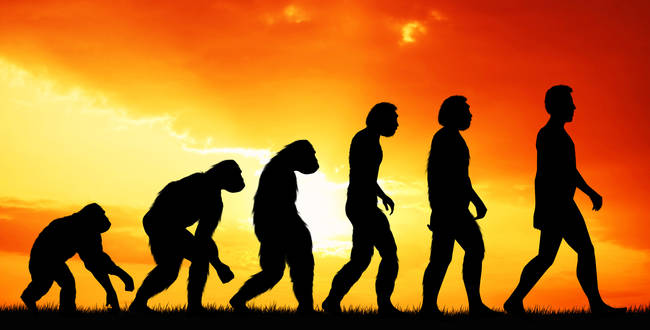
In his bestselling book, Sapiens: A Brief History of Humankind, Yuval Harari explains why human beings are different from other animals. His explanation is surprisingly so obvious. He argues that prehistoric humans were insignificant animals with no more impact on their environment than gorillas, fireflies or jellyfish. As part of the family of great apes, there was nothing to set us apart for a long time. However when humans domesticated fire, they gained control of an obedient and potentially limitless force. But they were poor achievers and did not accomplish any special feats.
However when we developed the ability to communicate, we developed the capacity to share information about ourselves. That primarily our language developed as a way of gossiping! As social animals it is much more important to know who hates who, who is honest and who is a cheat. The gossip theory sounds like a joke but is supported in numerous studies. Gossip is necessary for us to cooperate in large numbers and underlines the uniqueness of our language(s). As a result, we have been able to create legends, myths, gods and religion. Fiction has enabled us not merely to imagine things, but to do so collectively.
Nothing could be more relevant than the gossip theory in these times of electioneering. As contestants go around seeking high office, they form coalitions of supporters to whom they narrate all sorts of stories (and fiction) about each other, the economy and the world at large. In their story telling, they attempt to win over more and more members (votes) and those who are converted, do join probably because they believe in the myths and stories retold by the contestants. Large-scale human cooperation is rooted believing these common myths, that probably only exist in our collective imagination. Two believers who are complete strangers can therefore pool resources to go on a crusade or defend a principle based on their belief either in an idea, a religion, or a set of laws and human rights.
Hariri notes that telling effective stories is not easy. The difficulty lies not in telling the story, but in convincing everyone else to believe it. And our politicians have done a good job, creating imagined realities for their bands of supporters, and turning one against the other. This is the imagined reality. The objective reality is that there will be a Uganda after the election, and we would cast a stone against our neighbor will have to go back to our mundane everyday existence.
Because of the cognitive revolution, we have been able to change our behavior quickly and thereby survive danger. So how about changing the nature of our story this Covid-19 afflicted festive and election season? Knowing that elections are a temporal occurrence, how about telling a story of peace and love? A story of caring for the sick and giving to the unfortunate? Or a story of building a Uganda of opportunity, and equality. A story of peace and love.
Indeed, one of the candidates, did confess to us that one of his favorite verses in the Bible was the one about loving thy neighbor the way you loved yourself. We can build on that verse and preach a message of peace and love instead of hate and division. That there is enough for all of us, in spite of the prevalent greed and selfishness. Indeed, despite our political differences, we are bound by a common destiny. The real difference between us and chimpanzees is the mythical glue that binds together large numbers of individuals, families and groups as civilized and polite society. This glue has made us the masters of creation and improved our capacity to cooperate. As you celebrate and gossip this festive season, please do spin a tale of peace, love, brotherhood and sisterhood for Uganda. Wishing you a merry festive season and a better 2021.
Samuel Sejjaaka is Country Team Leader at Mat Abacus Business School. Twitter @samuelsejjaaka
